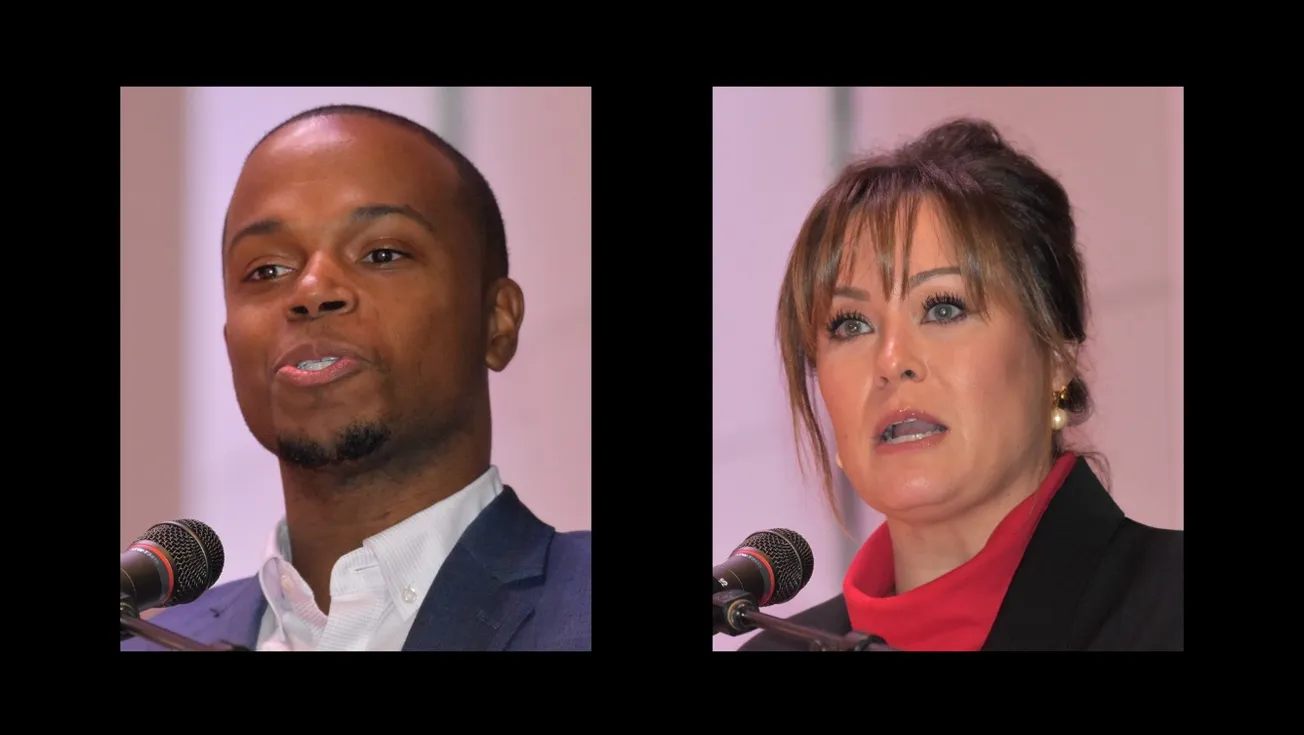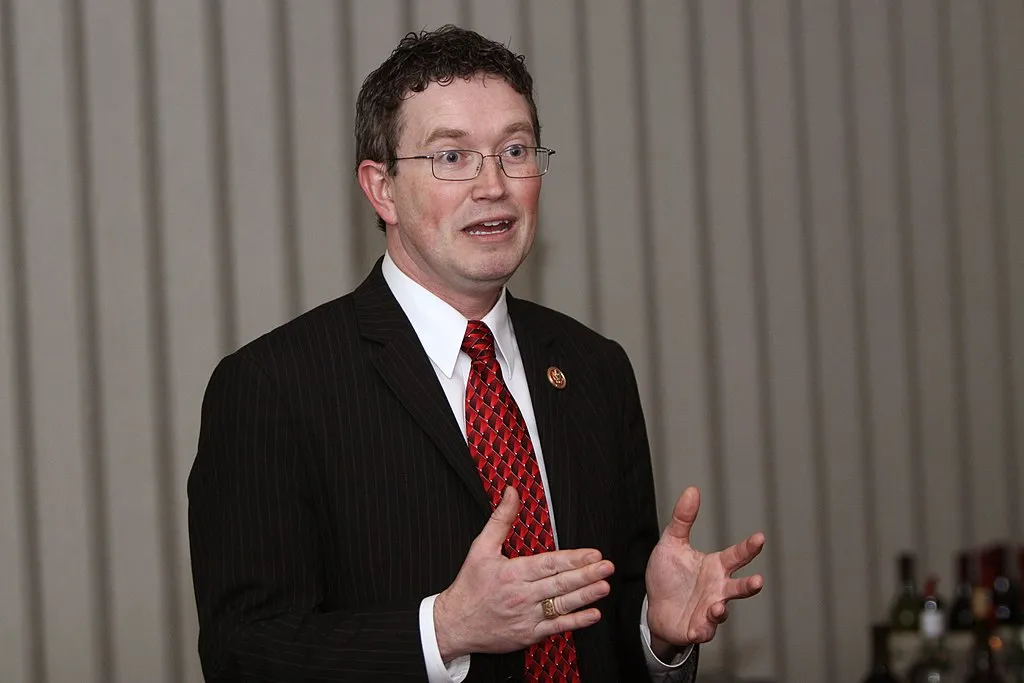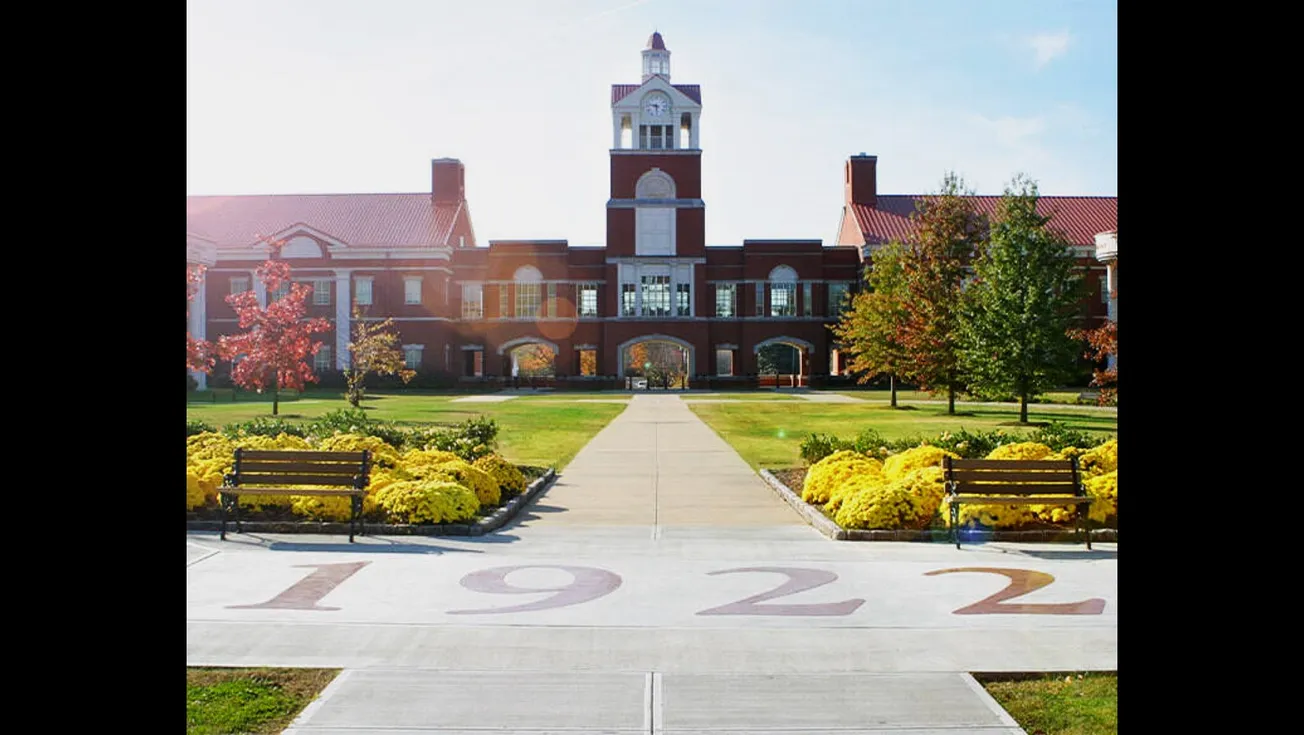Terrance Sullivan, the executive director of the Kentucky Commission on Human Rights, didn’t mince words at Monday’s 33rd annual Martin Luther King Jr. Luncheon in Paducah.
He compared today to the 1960s, when Dr. King was assassinated while leading the civil rights movement, which faced stubborn and often violent white resistance. “We are in dark but different times,” said Sullivan, an attorney. “Racism is on the rise. Bigotry is on the rise.
“Quite frankly, we have not yet come close to seeing the dream of Martin Luther King materialize. In 2023 too many of us continue to be judged not only by the color of our skin, but we see that same color be used as a proxy that pre-determines the content of our character.”
He also saw irony in the federal holiday that is supposed to honor King’s birth. “Today, people around the country will celebrate and applaud a man they would absolutely hate if he were alive today. They will post quotes on ... Facebook and Instagram to speak of justice and something about a dream and mix and match.”
In plenty of schools around the country, kids will have a Monday off from school to celebrate a person they are forbidden from learning about in the classroom on Tuesday.
Sullivan, without naming names, also seemed to call out conservative politicians and pundits who deliberately twist King’s words as they try “to weaponize his memory against the multicultural democracy of which King could only dream,” wrote Hajar Yazdiha, assistant professor of sociology at the University of Southern California, in The Conversation.
“They will pick a line from a speech they never fully heard or bothered to read completely. Because if they did, they would realize they are the subject of the speech itself – and that they are much more the problem than the solution. Dr. King was what they would call a leftist radical, and his speeches would spark protests.”
Added Sullivan: “In plenty of schools around the country, kids will have a Monday off from school to celebrate a person they are forbidden from learning about in the classroom on Tuesday.
“Let that sink in. We have gone so far beyond common sense, that even talking about a Black historical figure is deemed inappropriate. As I was getting ready for this event, I saw where the governor in Florida is creating a list of anyone in the state of 22 million people who works in diversity or equity – or anyone with those words in their title or job description. The goal is to ban those people from working. To punish them for trying to educate others on how to do things the right way.”
The story of Jack Coleman
The keynote speaker, Sullivan shared the rostrum with Lt. Gov. Jacqueline Coleman. The former high school teacher and basketball coach cited her grandfather, Jack Coleman, a high school, college, and pro basketball star.
Coach Adolph Rupp wanted the 6-8 Burgin High School standout in University of Kentucky Wildcat blue and white, she said, adding that playing basketball at UK under the storied coach was a dream come true for almost every kid who ever shot hoops in Kentucky.
But Coleman turned Rupp down, according to his granddaughter, because Black players were not permitted to play on the UK basketball team. (The university didn’t desegregate until 1954 and Rupp, dogged by charges of racism, which he denied, didn’t sign a Black player until 1969.)
Said the lieutenant governor: “I am still amazed and grateful that my 17-year-old grandfather had the moral compass and the wisdom and the guts to pass up what many would consider the opportunity of a lifetime – and that was 20 years before the civil rights movement began.”
After serving in the Navy in World War II, Coleman played ball at the University of Louisville and went on to log nine years in the National Basketball Association.
Racial discrimination skyrocketing
Sullivan cited hard numbers that point to rapidly increasing racism. “Since 2016 my office has seen a substantial rise in racial discrimination. For the first time in over 50 years, discrimination based on race has rocketed to the top of our complaint type, nearly doubling [complaints in] the year before it, and shooting past discrimination based on disability.”
He said some people react with “violence and rage when some of us have the audacity to emphatically say that our lives matter.” The same people are “protesting the notion that we teach accurate history or at least a true depiction of slavery.”
Sullivan meant attempts to ban critical race theory or CRT from grade and high school classrooms. The study of how systemic racism affects law and society, CRT is taught in law and graduate schools, not in elementary and secondary schools.
“We are a country that was founded — the root of our very existence — is based in white supremacy,” Sullivan said. The Declaration’s words that claim “all men are created equal” really meant “a pretty specific group” — white men — and the founders “created systems that exist today to support that group. The rest of us, well, we can fight over the scraps.”
He said after the police slayings of Breonna Taylor and George Floyd in 2020, “people around the country pledged to listen. They assured us they were learning, and they were going to do more to be better. But in 2021, the writing on the wall was clear. While some were claiming to listen, they still refused to hear, and in 2022 we saw many people trying their hardest to never learn and refusing to admit to any basic notion of racial injustice anywhere at all.”
He didn’t name names, but he clearly meant that the refusers include right-wing politicians and media celebrities who “have risen to prominence, steadfast in their biased opinions with no desire to do better.”
Coleman and Sullivan: optimistic about the future
Coleman called King “a true American hero – a man who had a dream, and he pursued it with a nonviolent vision” though his “life was cut short by racism and violence.”
Murdered in Memphis, Tennessee on April 4, 1968, King was born on Jan. 15, 1929. Since 1986, the third Monday in January has been celebrated as a federal holiday in honor of his birth. (It is also a state government holiday in every state.)
Coleman said King’s vision has yet to “come to fruition,” but that he “proved to us that service was love in action.” Both Coleman and Sullivan said they remain hopeful and optimistic about the future.
“I believe in people, and I firmly place my faith in the human condition,” said Sullivan. “Change is not only possible, it is on the way. And I say that, partly because better is our only option.”
He said events like the midday meal program at Paducah Tilghman High School inspire him. “We know that the future depends on us and that everything we do in this moment shapes where we will be tomorrow.
“The eyes of history are upon us at this very moment. And how we respond to this adversity we face now, the rise of racism, the regression of civil rights, the emboldening of hatred and vitriol.”
“History has its eyes on you” was the luncheon theme. The program, which also featured music and readings, was co-sponsored by the Paducah-McCracken County NAACP chapter and the Bryant Law Center.
The Kentucky Civil Rights Act charges the Commission on Human Rights with protecting individuals from discrimination based on familial status, race, color, religion, national origin, sex, age or disability.
--30--








